Training
Master Degrees
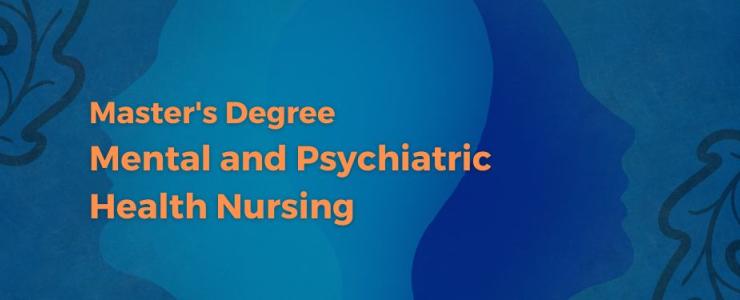
The Master's Degree in Mental and Psychiatric Health Nursing responds to the need for training specialist nurses in mental and psychiatric health, having as a reference the Training Plan of the Ordem dos Enfermeiros for specialized training in Mental and Psychiatric Health Nursing.
The Master's Degree in Medical-Surgical Nursing in the area of nursing for people in critical situations, taught in Portuguese, organized by the Escola Superior de Saúde do Vale do Ave, of the Instituto Politécnico de Saúde do Norte, responds to the need for training nurses specialized in medical-surgical nursing for people in critical situations, taking as a reference the training plan of the Portuguese Nurses Association for training (Ordem dos Enfermeiros, 2018), thus enabling the award of the professional title of specialist nurse to holders of the Master's Degree in Medical-Surgical Nursing in the area of nursing for people in critical situations, with a minimum of 2 years of professional experience. Throughout the training, emphasis will be placed on updated and quality theoretical and practical training; training in diverse clinical contexts and the development of basic research and evidence-based practice skills.
Advanced Courses

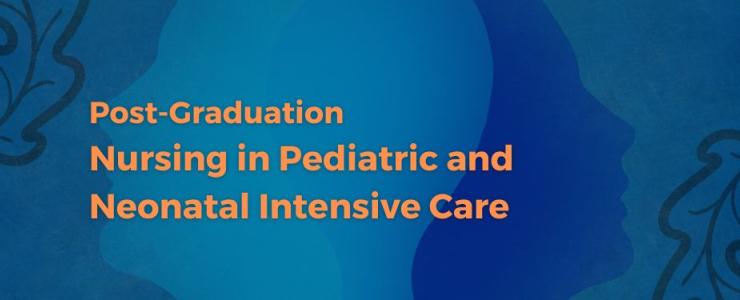
Goals:
1. Develop skills for nursing professionals to provide qualified care to newborns/children and their families admitted to Neonatal and Pediatric Intensive Care Units, guided by humanization and ethics.
2. Update scientific, theoretical and practical knowledge that underlies clinical nursing practices in life-threatening situations;
3. Promote critical reflection on nursing care in Intensive Care contexts;
4. Acquire skills/competences to intervene in urgent and emergency situations;
5. Develop the ability to make quick decisions in order to maintain life;
6. Develop skills that promote research attitudes and reflection on clinical practices.
Pedagogical coordination: Filipe Fernandes
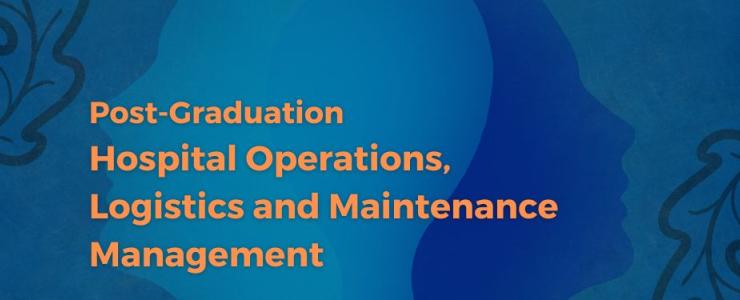
Goals:
1. Develop skills and knowledge about the main aspects related to Operations Management, Logistics and Hospital Maintenance;
2. Know the most relevant decision and information instruments in health logistic systems;
3. Develop innovation strategies and change processes that add value to services and organizations.
Pedagogical coordination: Nuno Araújo
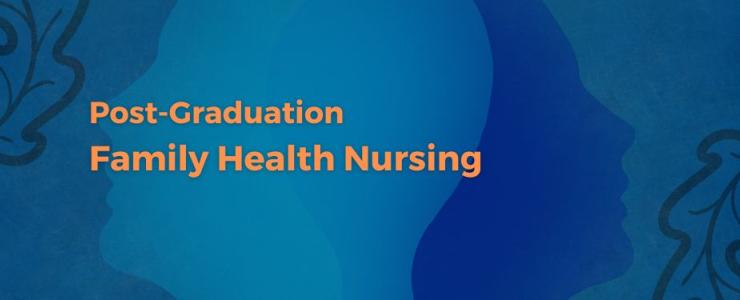
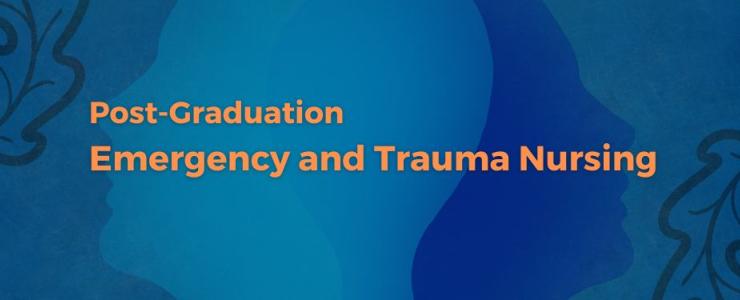
Goals:
- Update scientific, theoretical and practical knowledge, which underlies clinical nursing practices in emergency and trauma situations;
- Promote critical reflection on nursing care in urgent and emergency situations, proposing alternatives aimed at quality care and providing quick decision-making in order to maintain life;
- Develop skills that promote attitudes of reflection on professional practices.
Pedagogical coordination: Filipe Fernandes
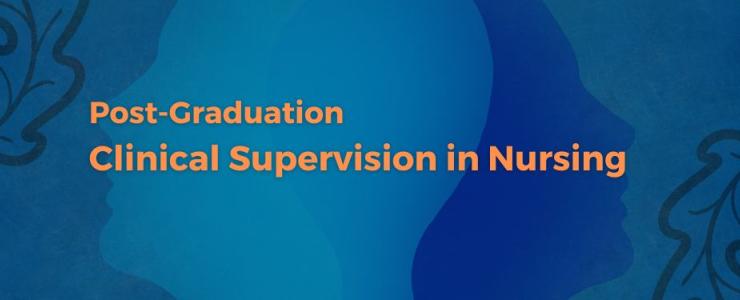
Goals:
- Develop skills in the field of Clinical Supervision in Nursing;
- Recognize the importance of Research for the develoment of Nursing;
- Update practices in clinical supervision based on scientific evidence.
Pedagogical coordination: Filipe Fernandes
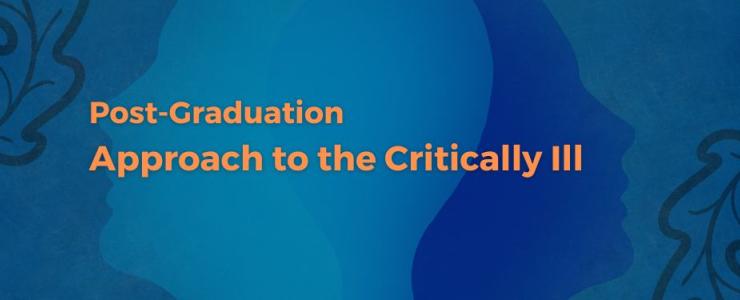
Goals:
- Update scientific, theoretical and practical knowledge that underlies clinical nursing practices in life-threatening situations;
- Promote critical reflection on nursing care in urgent and emergency situations;
- Acquire skills/competences to intervene in urgent and emergency situations;
- Develop the ability to make quick decisions in order to maintain life;
- To develop skills that promote research attitudes and reflection on clinical practices.
Pedagogical coordination: Filipe Fernandes
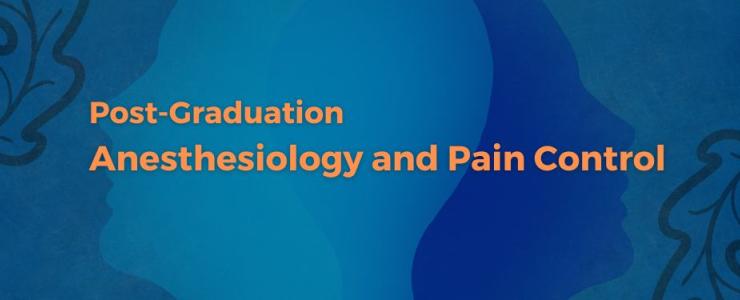
Goals:
- Deepen knowledge that underlies clinical nursing practices in anesthetic situations and pain control;
- Promote critical reflection on nursing care in situations of anesthesiology and pain control;
- Develop technical skills and procedures when administering analgesia.
Pedagogical coordination: Filipe Fernandes
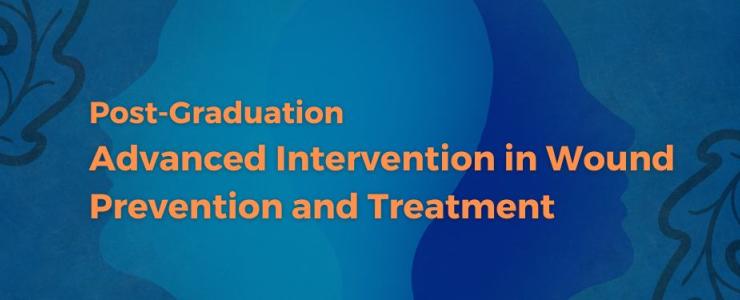
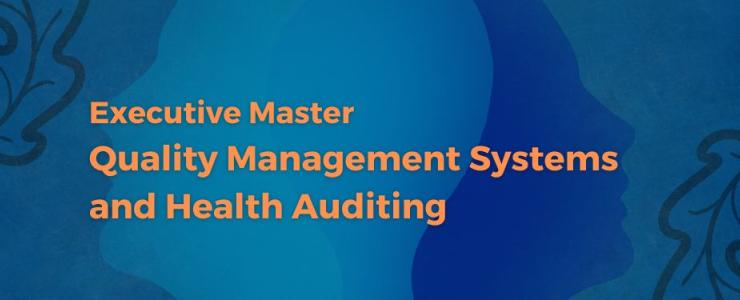
Goals:
- Know the fundamental concepts of quality management systems;
- To assimilate health risk management concepts and techniques;
- Know the main quality management systems applied worldwide to health organizations;
- Acquire skills for the implementation and management of quality programs.
Pedagogical coordination (IA&Saúde): Nuno Araújo; Rui Lima
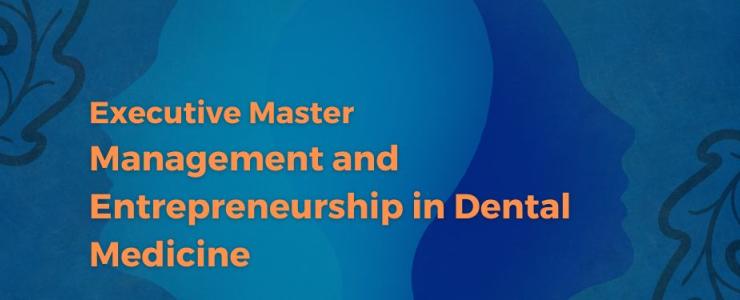
Goals:
1. Develop knowledge in the area of management and administration of dental clinics;
2. Acquire tools for strategic, tactical and operational planning, based on evidence, to achieve clinical and financial results;
3. Develop an ethical and legal professional practice in the field of exercising management skills;
4. Develop leadership strategies that promote change processes that add value to services and organizations;
5. Deepen knowledge associated with the administrative process for its operationalization in the planning, organization, direction and control components;
6. Promote the importance of an evidence-based practice to obtain health gains;
7. Develop knowledge related to planning and financial management of organizations;
8. Promote the development of concepts and tools for the management of human, material and financial resources of services and organizations;
9. Develop communication and marketing tools to operationalize actions and health plans centered on the person and on health gains.
Pedagogical coordination (IA&Saúde): Nuno Araújo
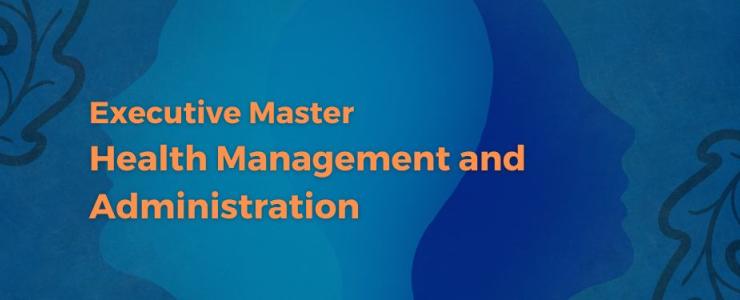
This Executive Master aims to develop health management and administration skills that allow for a response to new demands and contribute to the efficiency and strategic adequacy of health responses. It is intended to mobilize all health professionals for an active and intensive training dynamic that encompasses expository methodology, e-learning, problem solving and case discussion and debate in the classroom context, bringing together a privileged group of teachers. Its curricular plan was developed for professionals who perform Management functions in Health Units, public or private, or who identify Management as an added value in their professional development project.
Pedagogical coordination: Nuno Araújo
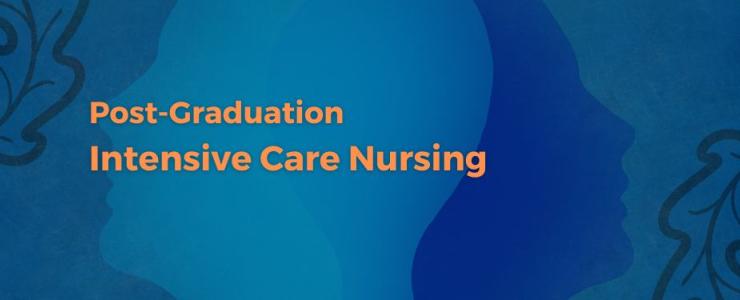
Goals:
- Update scientific, theoretical and practical knowledge that underlies clinical practices in life-threatening situations;
- Promote critical reflection on the care provided in an intensive care environment;
- Acquire skills/competences to intervene in an intensive care environment;
- Develop the ability to make quick decisions in order to maintain life;
- Develop skills that promote research attitudes and reflection on clinical practices.
Pedagogical coordination: Filipe Fernandes
